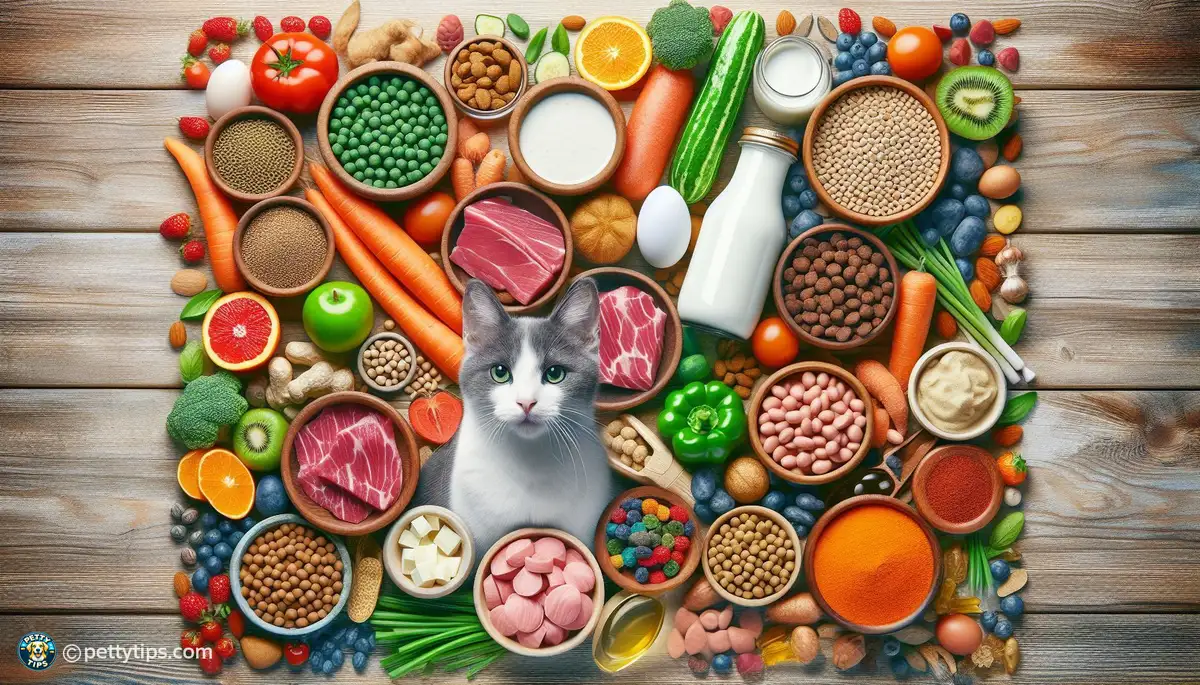
Understanding Water Requirements for Pets
Manuel Gurrola - Oct 27, 2024 - 10 min read


proper nutrition is the cornerstone of good health for our pets. Just like in humans, the food our furry friends consume directly impacts their overall well-being, including their weight management. A balanced diet provides the necessary nutrients to support their bodily functions and maintain an ideal weight. When it comes to weight management, understanding the role of nutrition is essential for pet owners.
Poor nutrition can lead to various health issues in pets, including obesity. Just like humans, pets can suffer from the consequences of excessive weight gain, such as joint problems, diabetes, and heart disease. Without the right balance of nutrients, their bodies may struggle to maintain a healthy weight, making it crucial for pet owners to pay attention to what goes into their pet's bowl.
Achieving the right balance of nutrients is key to supporting weight management in pets. It's not just about feeding them less but ensuring they receive the right nutrients in the appropriate amounts. This balance can vary depending on factors such as age, breed, activity level, and any underlying health conditions. By understanding their pet's individual needs, owners can make informed choices about their diet to support healthy weight management.
With so many pet food options available, it can be overwhelming for pet owners to choose the right diet for their furry companions. From commercial kibble to raw diets, each option comes with its own set of pros and cons. It's essential for pet owners to research and consult with their veterinarian to determine the best diet for their pet's specific needs. By making informed choices about their pet's nutrition, owners can better support their weight management goals.
Protein is a crucial nutrient for weight management in pets. Not only does it provide essential amino acids for muscle growth and repair, but it also helps pets feel full and satisfied after meals, reducing the likelihood of overeating. When choosing a pet food, look for high-quality sources of protein, such as chicken, turkey, or fish, to support your pet's weight management goals.
Fiber plays a vital role in weight management by promoting feelings of fullness and aiding in digestion. It helps regulate blood sugar levels and can prevent spikes in insulin, which can contribute to weight gain. Incorporating fiber-rich ingredients like fruits, vegetables, and whole grains into your pet's diet can help support their weight management efforts.
Contrary to popular belief, not all fats are bad for pets. Healthy fats, such as omega-3 and omega-6 fatty acids, are essential for maintaining healthy skin and coat, as well as supporting overall health. Additionally, they can help pets feel satisfied and less prone to overeating. Look for sources of healthy fats like salmon oil or flaxseed oil in your pet's food to support their weight management journey.
Vitamins and minerals play a crucial role in weight management by supporting various bodily functions and metabolic processes. Deficiencies in essential nutrients can lead to imbalances that may contribute to weight gain or hinder weight loss efforts. Ensure your pet's diet is rich in essential vitamins and minerals by feeding them a balanced diet or supplementing as needed, under the guidance of a veterinarian.
Every pet is unique, and their nutritional needs can vary based on factors such as age, breed, and health status. Consulting with a veterinarian is crucial for tailoring a nutrition plan that meets your pet's specific needs, especially when it comes to weight management. Your vet can assess your pet's current health status, recommend appropriate dietary changes, and monitor their progress over time.
portion control is another essential aspect of weight management for pets. Even healthy foods can contribute to weight gain if fed in excess. Work with your veterinarian to determine the appropriate portion sizes for your pet based on their size, activity level, and weight management goals. Measuring your pet's food and avoiding free-feeding can help prevent overeating and support their weight management efforts.
Alongside proper nutrition, regular exercise is crucial for maintaining a healthy weight in pets. Engaging in physical activity helps burn calories, build muscle, and prevent obesity-related health issues. Make time for daily exercise sessions with your pet, whether it's a brisk walk, a game of fetch, or interactive playtime indoors. Not only does exercise support weight management, but it also strengthens the bond between you and your furry friend.
Weight management is an ongoing journey that requires patience, consistency, and monitoring. Keep track of your pet's progress by regularly weighing them and assessing their body condition score. If progress stalls or if your pet experiences any health concerns, consult with your veterinarian to adjust their nutrition plan accordingly. With dedication and the right support, you can help your pet achieve and maintain a healthy weight for a happy, active life.
Proper nutrition is essential for weight management in pets. By understanding the role of essential nutrients and tailoring their diet to meet their individual needs, pet owners can support their furry companions in achieving and maintaining a healthy weight. Consulting with a veterinarian, incorporating regular exercise, and monitoring progress are key components of a successful weight management plan. With care and commitment, you can help your pet live a long, happy life at their ideal weight.